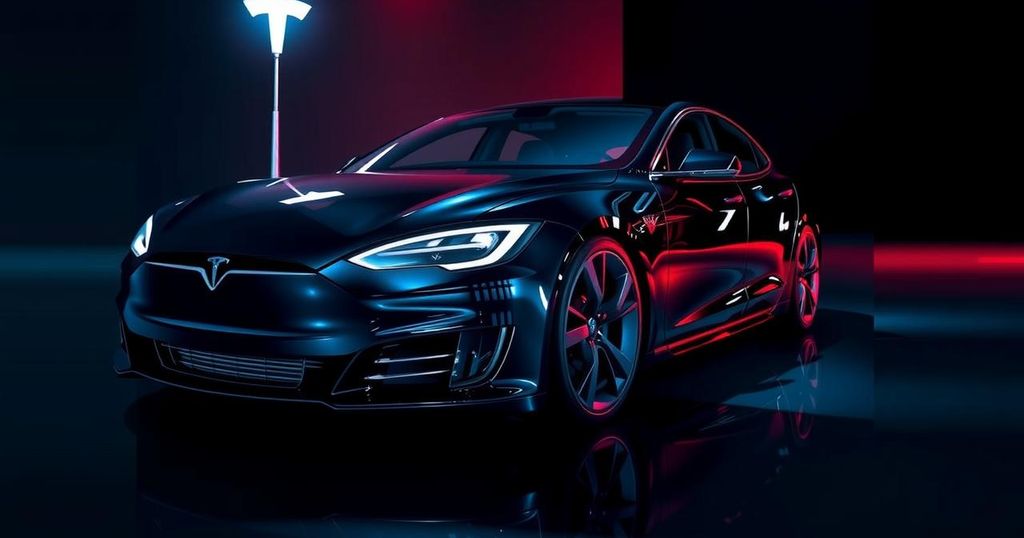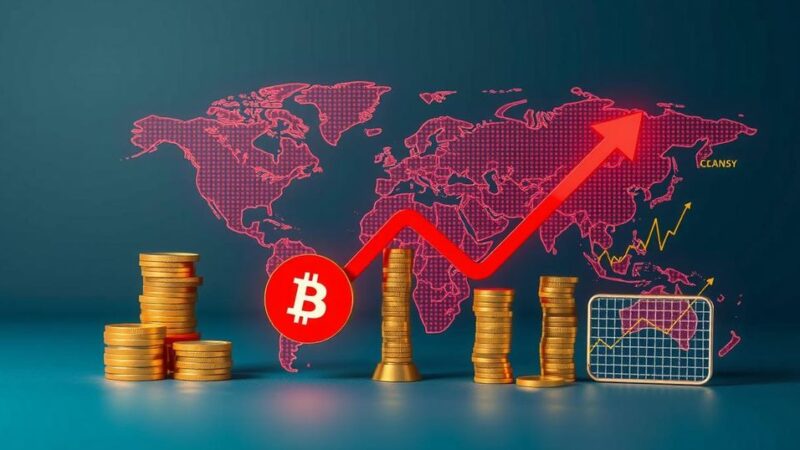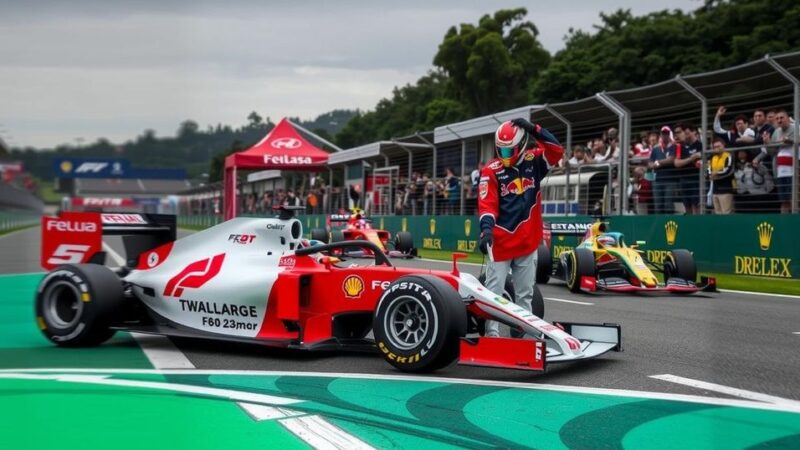Elon Musk is distributing $1 million to Pennsylvania voters who sign a conservative petition linked to his super PAC, an effort to bolster Donald Trump’s campaign. This initiative raises legal concerns about the prohibition of financial inducements for voter registration or participation. While his supporters argue that offering money for signed petitions is not illegal, election lawyers caution that these actions may challenge the boundaries set by federal law.
Elon Musk has intensified his efforts to support Donald Trump’s campaign in Pennsylvania through a controversial initiative that entails the distribution of $1 million to registered voters who sign a conservative petition associated with his super PAC. This substantial cash giveaway raises significant legal questions regarding its compliance with federal laws that prohibit compensating individuals for registering to vote or casting their ballots. Such laws are reinforced by Justice Department guidelines, which categorize monetary amounts, as well as other material benefits, as illegal inducements for voter participation. However, Mr. Musk’s supporters maintain that his actions are lawful since he is not directly compensating individuals for voter registration; instead, he offers incentives for petition signatures, which are limited to registered voters. To further encourage participation, Mr. Musk has progressively elevated the financial rewards connected to this initiative, transitioning from a referral payment of $47 to $100, offering compensation to both the signer and the person referring them. During a recent event in Harrisburg, Pennsylvania, Mr. Musk publicly announced the first $1 million payment, presenting a ceremonial check to a participant named John Dreher, symbolizing the launch of this high-stakes voter engagement endeavor.
The intersection of campaign finance and voter engagement has become increasingly scrutinized in the United States, particularly with the influence of wealthy individuals on political landscapes. The eligibility to incentivize voter registration has been a contentious issue, challenged by various state and federal regulations. As the deadline for voter registration approaches, high-profile figures, such as Elon Musk, have sought innovative yet legally ambiguous methods to motivate voter participation, raising concerns among election lawyers regarding potential overreach and violations of electoral laws that maintain the integrity of the voting process.
Elon Musk’s one million dollar initiative aimed at promoting voter registration in Pennsylvania has sparked a complex legal debate. Although his supporters argue that the initiative does not violate laws against compensating individuals for voting or registering, election lawyers warn that it straddles a potentially precarious legal line. Musk’s methods highlight broader questions about the influence of money in politics and the ethical implications of incentivizing voter participation. As the legal landscape evolves, this case may become a focal point for discussions concerning the intersection of financial influence and democratic engagement.
Original Source: www.nytimes.com







